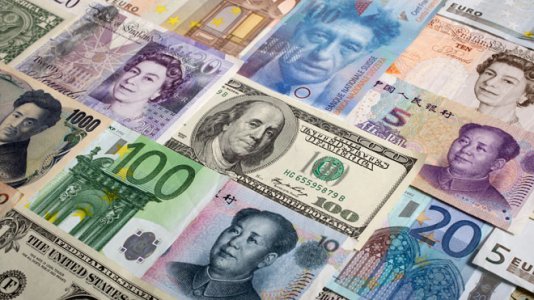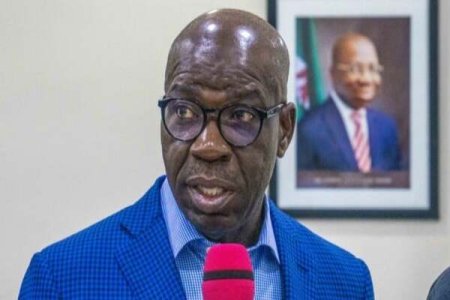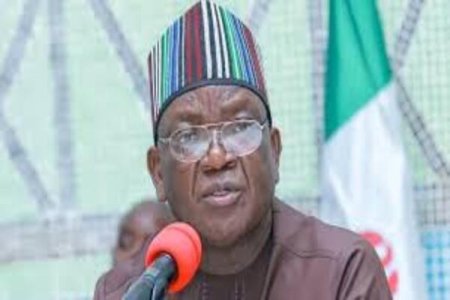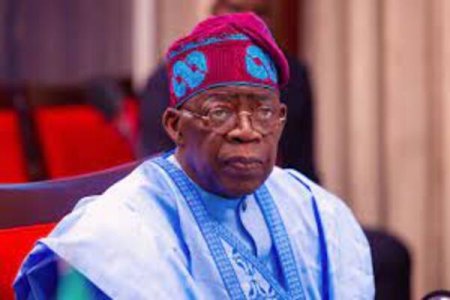
Foreign investors exhibited a noticeable shift in their preferences as capital importation into Nigeria declined by 30 percent, amounting to $2.16 billion in the first half of 2023, compared to $3.11 billion during the same period in the previous year. This revelation was made in the National Bureau of Statistics (NBS) capital importation report for the second quarter of 2023.
The report highlighted that 28 states struggled to attract foreign investment during the first half of 2023. These states included Abia, Bauchi, Bayelsa, Benue, Borno, Cross River, Delta, Ebonyi, Edo, Enugu, Gombe, Imo, Jigawa, Kaduna, Kano, Katsina, Kebbi, Kogi, Kwara, Nasarawa, Osun, Oyo, Plateau, Rivers, Sokoto, Taraba, Yobe, and Zamfara.
In stark contrast, Lagos emerged as the primary destination for foreign investors during this period, securing $1.48 billion, which accounted for a significant 69 percent of the total capital inflow into Nigeria. Governor Babajide Sanwo-Olu emphasized Lagos's attractiveness for investments across various sectors, including financial technology, education technology, healthcare technology, business process outsourcing, talent development, and physical infrastructure like data centers.
The Federal Capital Territory (FCT) followed as the second top investment destination, attracting $604.55 million, equivalent to 28 percent of the nation's total capital inflow for the first six months of the year. A few other states that succeeded in drawing foreign investments during this period include Akwa Ibom, Adamawa, Anambra, Ogun, Niger, Ondo, and Ekiti, though in relatively smaller amounts.
This data underscores the shifting landscape of foreign investment within Nigeria, with Lagos and the FCT leading the way while other states face challenges in attracting international capital.




